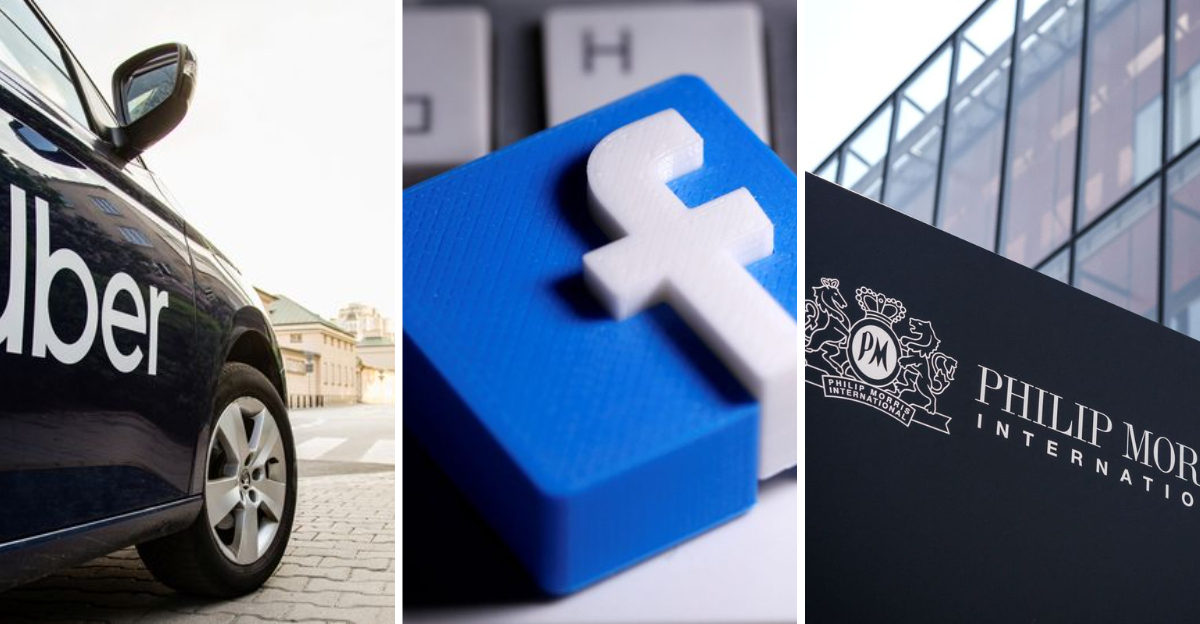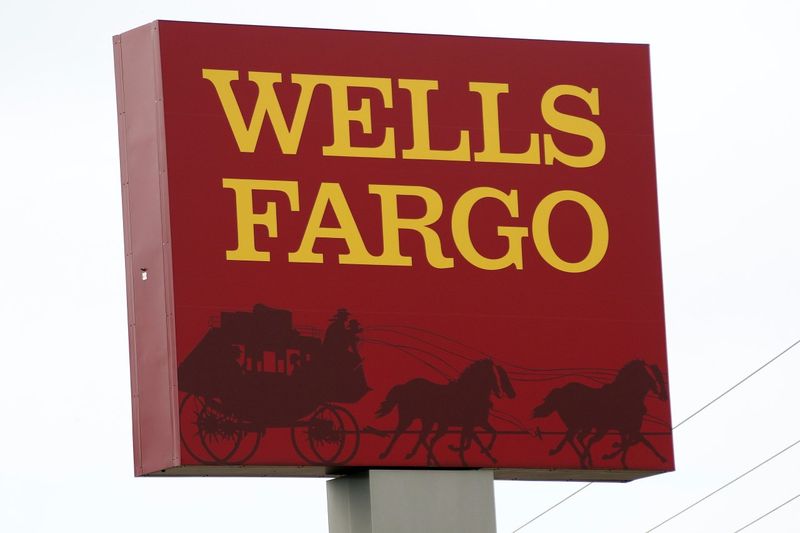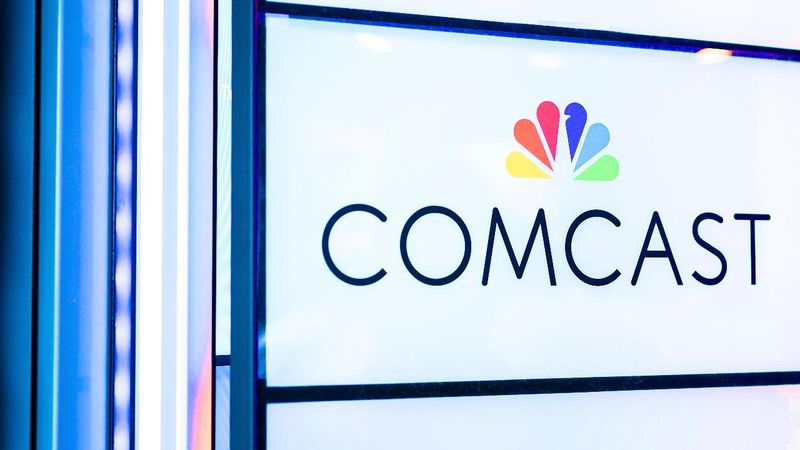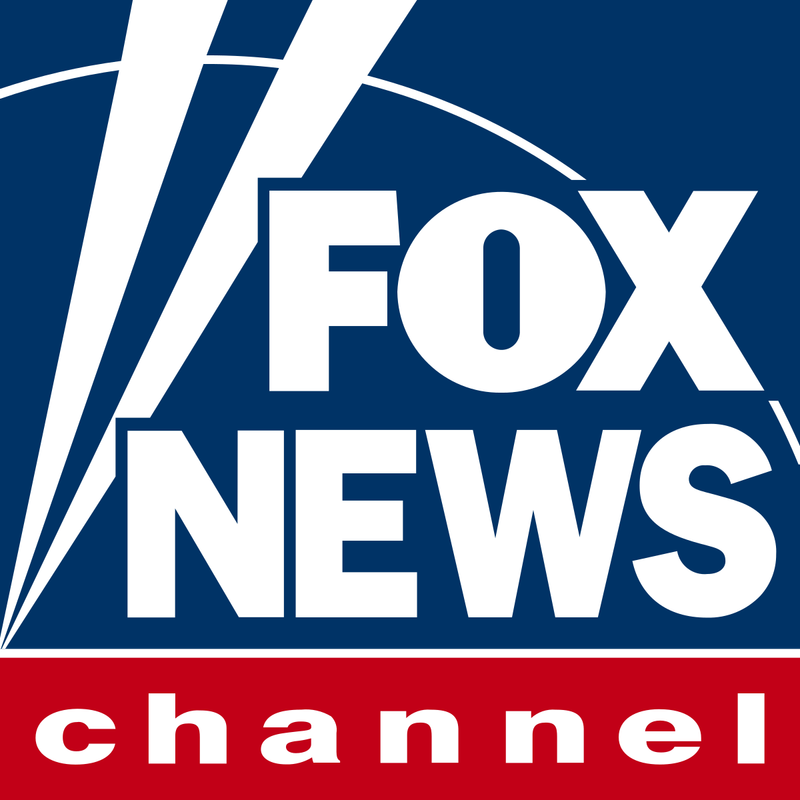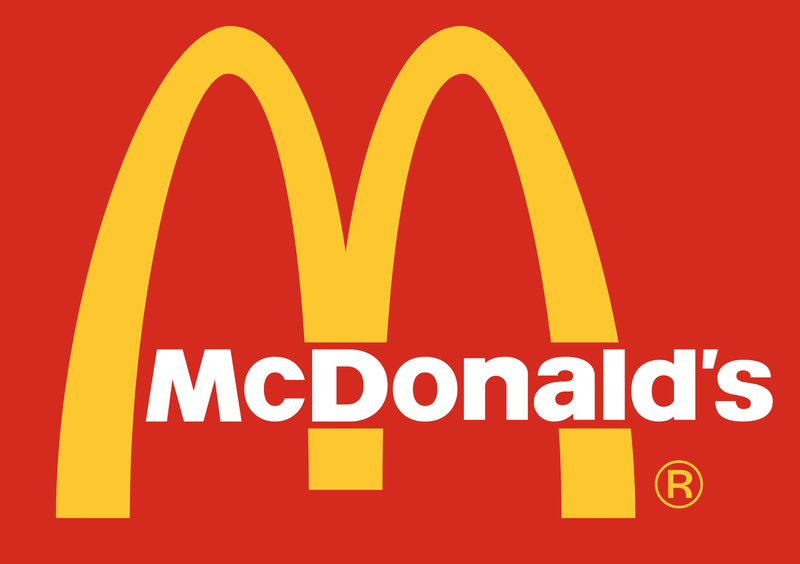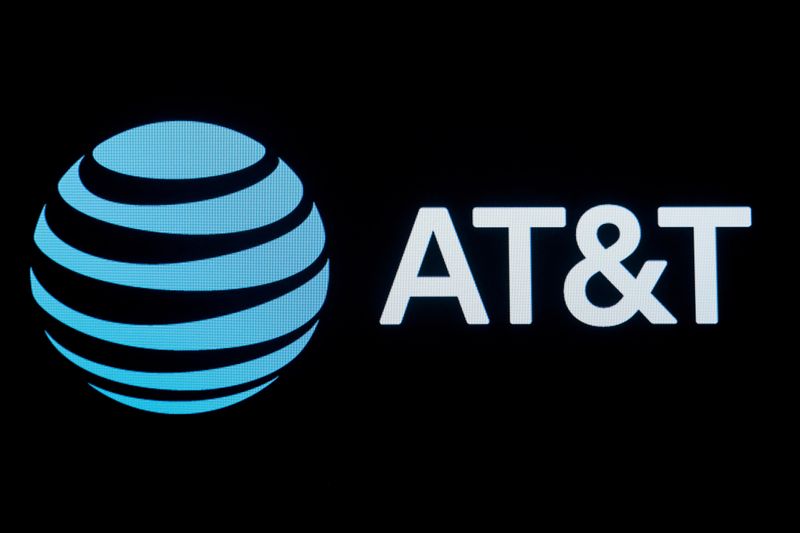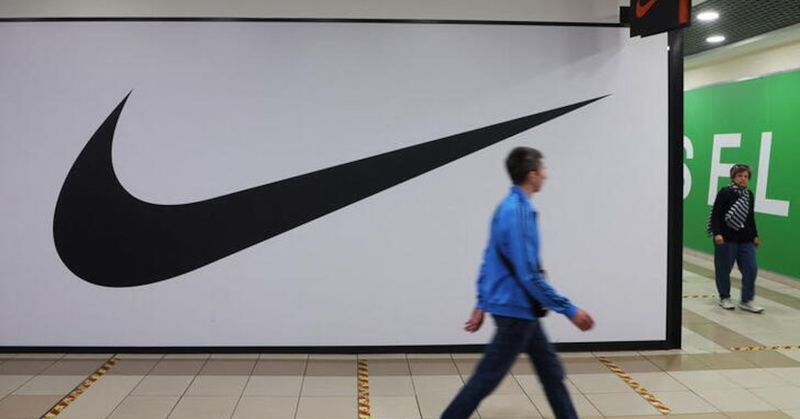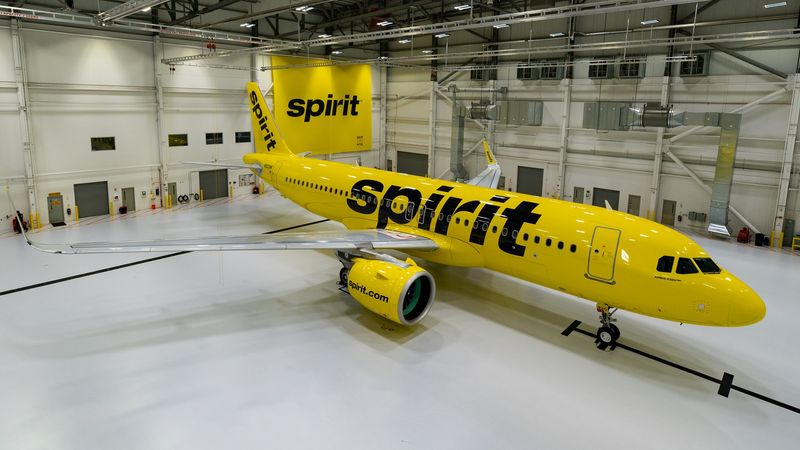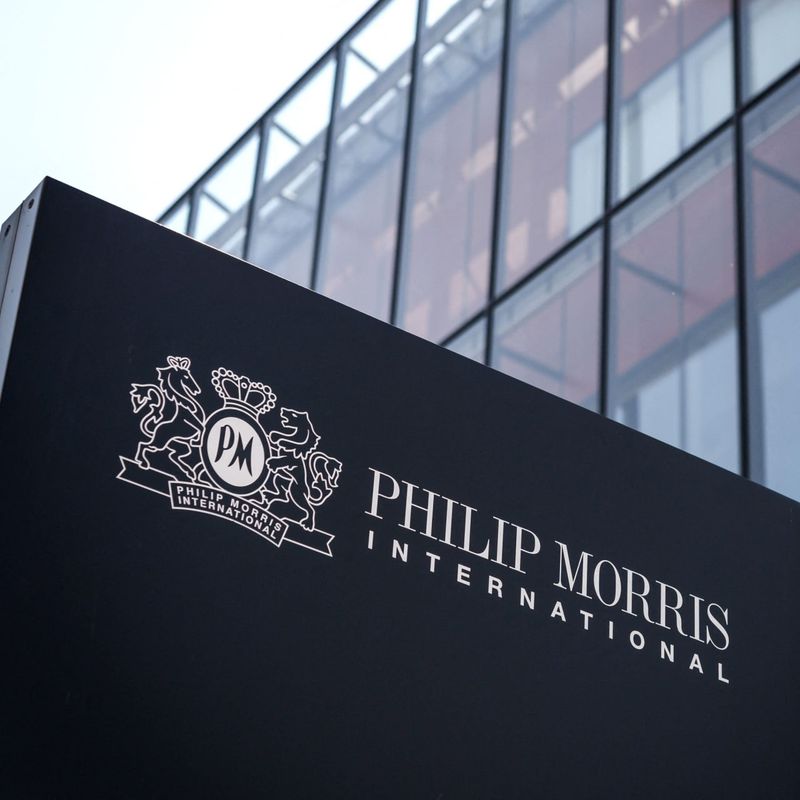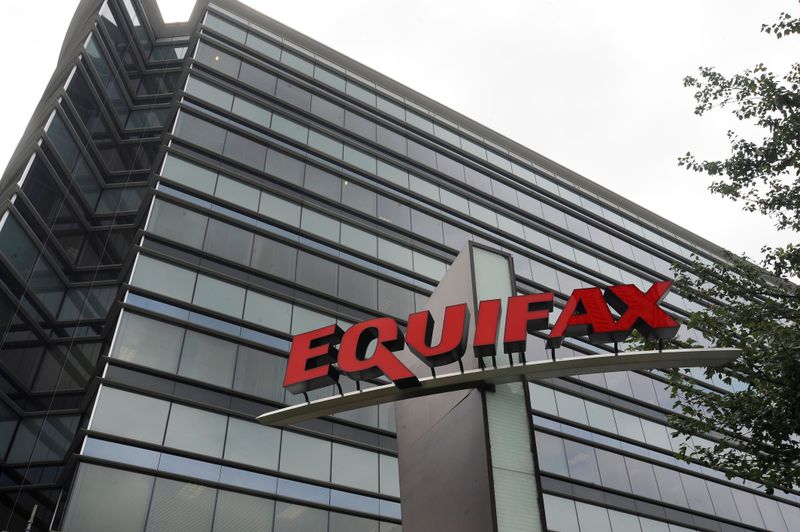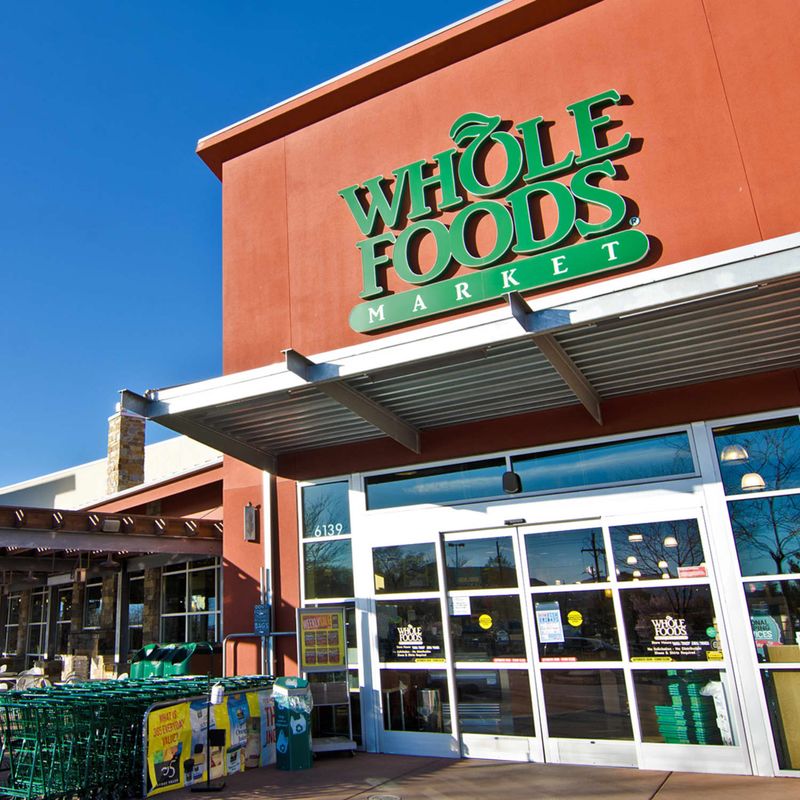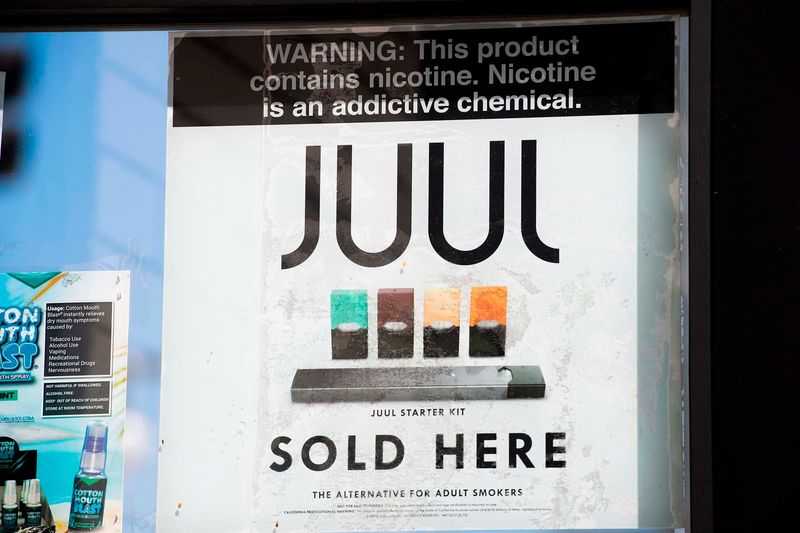In today’s consumer-driven society, certain brands evoke strong negative emotions.
These companies are often criticized for their business practices, customer service, or impact on society.
This list explores 15 of the most hated American brands, examining the reasons behind their unfavorable reputations.
1. Facebook
Facebook, now under the umbrella of its parent company Meta, faces widespread criticism for its handling of user data and privacy concerns. Many users are alarmed by the extensive tracking and data collection practices on the platform, leading to a loss of trust.
Moreover, Facebook has been accused of spreading misinformation, especially during critical events like elections. This has fueled public outrage and calls for regulation.
Despite efforts to improve transparency and security, the brand struggles to shake off its negative image and continues to face scrutiny from both users and regulators.
2. Wells Fargo
Wells Fargo has become infamous for its fraudulent account scandal, where employees created millions of unauthorized accounts to meet aggressive sales targets. This deception shattered customer trust and led to hefty fines and settlements.
Additionally, the bank has been criticized for its lack of transparency and poor customer service, leaving many feeling mistreated.
Efforts to rebuild trust include leadership changes and policy reforms, yet the shadow of past misconduct lingers, making it one of the most disliked brands in the banking industry.
3. Comcast
Comcast has long been a target of consumer frustration, often cited for poor customer service and high prices. Many customers report long wait times and unresolved technical issues, compounding their dissatisfaction.
The company’s near-monopolistic presence in many areas leaves consumers with few alternatives, exacerbating their frustration.
Despite efforts to improve service quality and customer experience, Comcast continues to be perceived negatively by many who feel trapped by their limited options and high costs.
4. Monsanto
Monsanto, acquired by Bayer, is notorious for its role in the development of genetically modified organisms (GMOs) and associated herbicides. Critics argue that Monsanto’s products harm biodiversity and create dependency on their patented seeds.
The company’s aggressive litigation tactics against farmers accused of patent infringement have also drawn ire.
Although Monsanto claims its innovations help increase agricultural productivity, the public remains skeptical and concerned about its environmental impact, making it a controversial and unpopular brand.
5. Uber
Uber has revolutionized transportation but faces backlash for its treatment of drivers and pricing practices. Critics argue that Uber’s classification of drivers as independent contractors denies them benefits and protections.
Surge pricing, while explained as a demand-driven model, often leaves customers feeling exploited during peak times or emergencies.
Despite improvements in safety features and driver support, Uber’s reputation suffers from these controversies, leaving it as one of the more polarizing brands in the gig economy.
6. Walmart
Walmart, the retail giant, is often criticized for its impact on small businesses and local economies. Its focus on low prices is seen as driving down wages and working conditions.
Critics also highlight Walmart’s environmental footprint and the quality of its products, which can sometimes fall short of expectations.
While many appreciate Walmart’s affordability, the brand’s practices and their effects on communities and employees have made it a subject of controversy and dislike among various consumer groups.
7. Fox News
Fox News is both widely watched and widely criticized, often accused of promoting biased and sensationalist journalism. Critics argue that its coverage favors a particular political agenda, contributing to societal polarization.
The network’s approach to news has sparked debates about media ethics and accountability, drawing both fierce loyalty and strong opposition.
Despite maintaining high viewership ratings, Fox News’s role in shaping public discourse remains contentious, cementing its position as a divisive media entity.
8. McDonald’s
McDonald’s, a symbol of fast food culture, faces criticism for its health impacts and environmental practices. The brand has been linked to rising obesity rates and criticized for its contribution to unhealthy eating habits.
Environmentalists also target McDonald’s for its packaging waste and sourcing practices, urging more sustainable operations.
Despite efforts to offer healthier options and improve sustainability, the brand’s fast food image and global influence keep it under scrutiny from health and environmental advocates.
9. AT&T
AT&T is known for its expansive telecommunications services but is often criticized for poor customer service and unreliable coverage. Users frequently express dissatisfaction with dropped calls and slow internet speeds.
Additionally, billing issues and lack of transparency in pricing have led to frustration among consumers.
Efforts to expand network coverage and enhance customer relations continue, but AT&T’s reputation for unmet expectations remains a hurdle in gaining consumer trust.
10. Nike
Nike, a leading name in athletic wear, faces criticism over labor practices and controversial endorsements. Reports of poor working conditions in overseas factories have tarnished its image.
The brand’s choice of athletes for endorsements sometimes sparks public debate, adding to its controversial reputation.
While Nike has made strides in sustainability and corporate responsibility, the lingering issues of labor ethics and endorsement decisions continue to polarize public opinion.
11. Spirit Airlines
Spirit Airlines is known for its low-cost fares but draws criticism for its bare-bones service model. Passengers often complain about cramped seating and numerous additional fees for basic services.
The airline’s no-frills approach leaves many feeling nickeled and dimed, souring the travel experience.
Despite offering affordable travel options, Spirit Airlines struggles with a reputation for customer dissatisfaction, making it a polarizing choice for budget-conscious travelers seeking comfort.
12. Philip Morris
Philip Morris, a leading tobacco company, is widely criticized for its role in promoting smoking and its associated health risks. Anti-smoking advocates highlight the brand’s past marketing practices targeting vulnerable populations.
The ongoing debate over tobacco regulation and public health keeps Philip Morris in the negative spotlight.
Efforts to transition to smoke-free products have been made, but the company’s legacy and health impacts maintain its status as a highly criticized brand.
13. Equifax
Equifax, a major credit reporting agency, suffered a massive data breach that exposed sensitive information of millions. This incident severely damaged consumer trust and raised concerns about data security.
Issues with credit report inaccuracies and customer service further compound user frustrations.
Despite efforts to enhance cybersecurity and improve transparency, Equifax continues to face challenges in regaining credibility and consumer confidence, marking it as one of the most disliked brands.
14. Whole Foods
Whole Foods, now under Amazon’s ownership, is praised for its organic offerings but criticized for high prices and elitist perception. Critics argue that its pricing strategy makes healthy eating inaccessible for many.
The acquisition by Amazon raised concerns about changes in store culture and product sourcing.
While Whole Foods strives to maintain its quality standards, the tension between affordability and exclusivity continues to shape its public image, leading to mixed consumer feelings.
15. Juul
Juul Labs, known for its e-cigarettes, faces intense scrutiny over its role in the vaping epidemic, particularly among teens. Critics highlight its marketing tactics that allegedly target younger audiences.
Health concerns and regulatory challenges persist, as authorities debate the safety and impact of vaping products.
Attempts to reformulate and restrict marketing practices have been made, yet Juul remains a contentious figure in public health discussions, facing ongoing criticism and legal battles.
